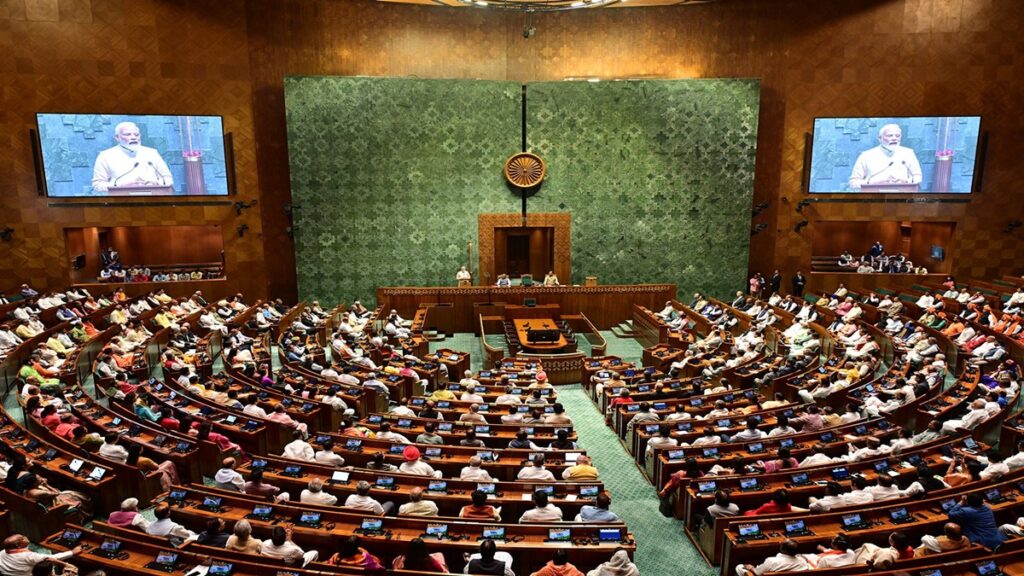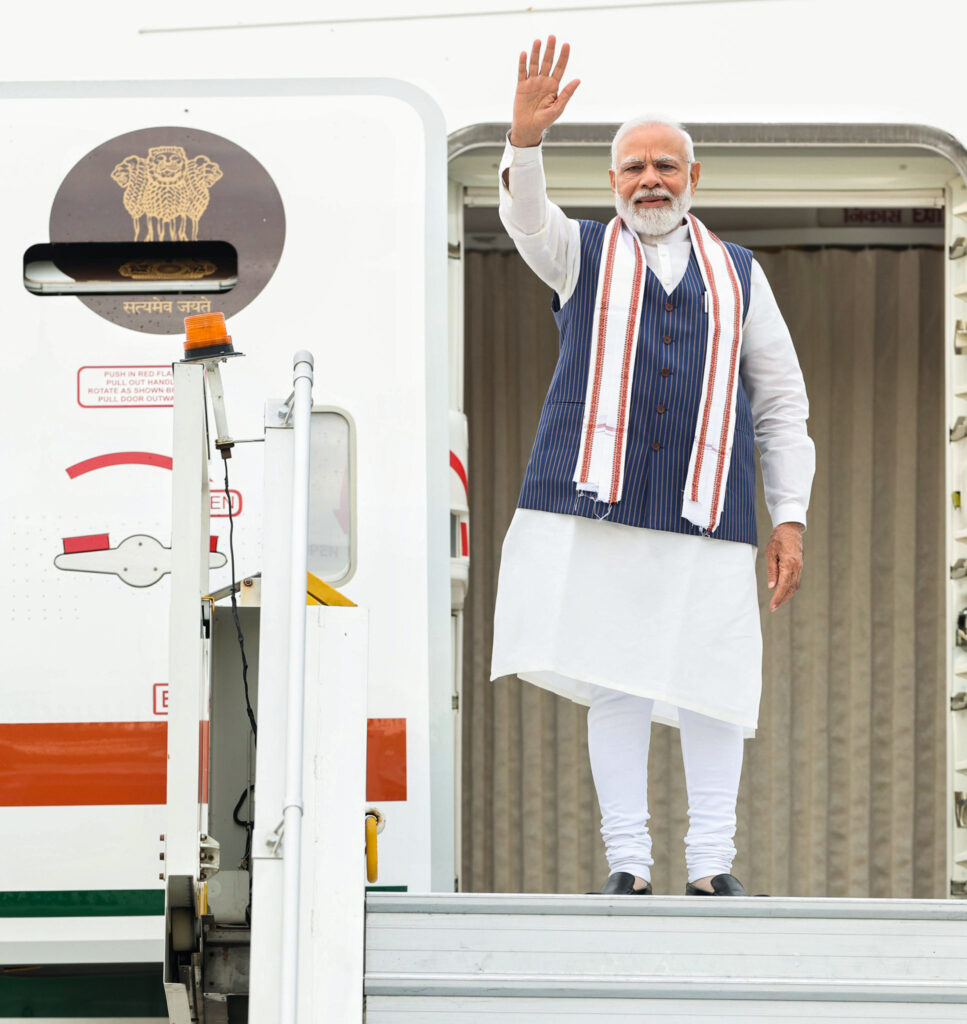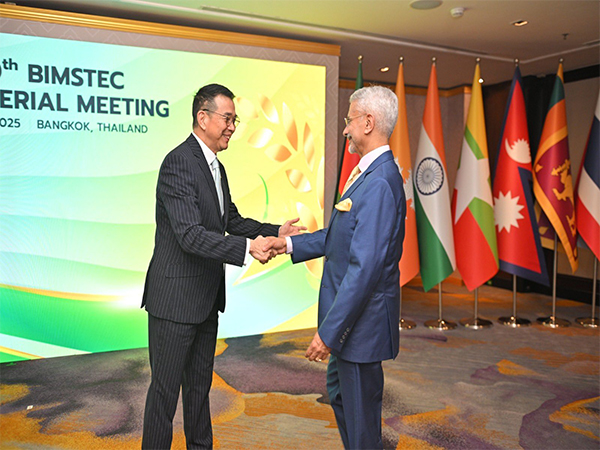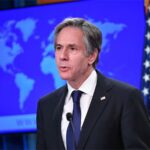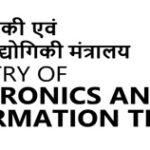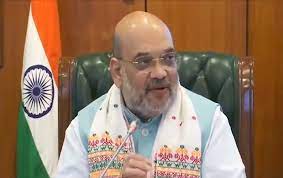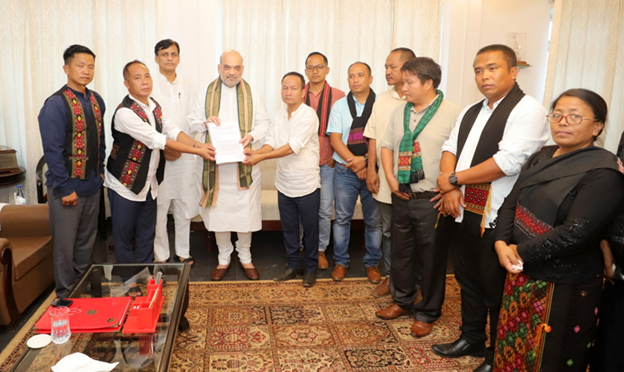PM Modi pays last respects to former PM Manmohan Singh at his residence
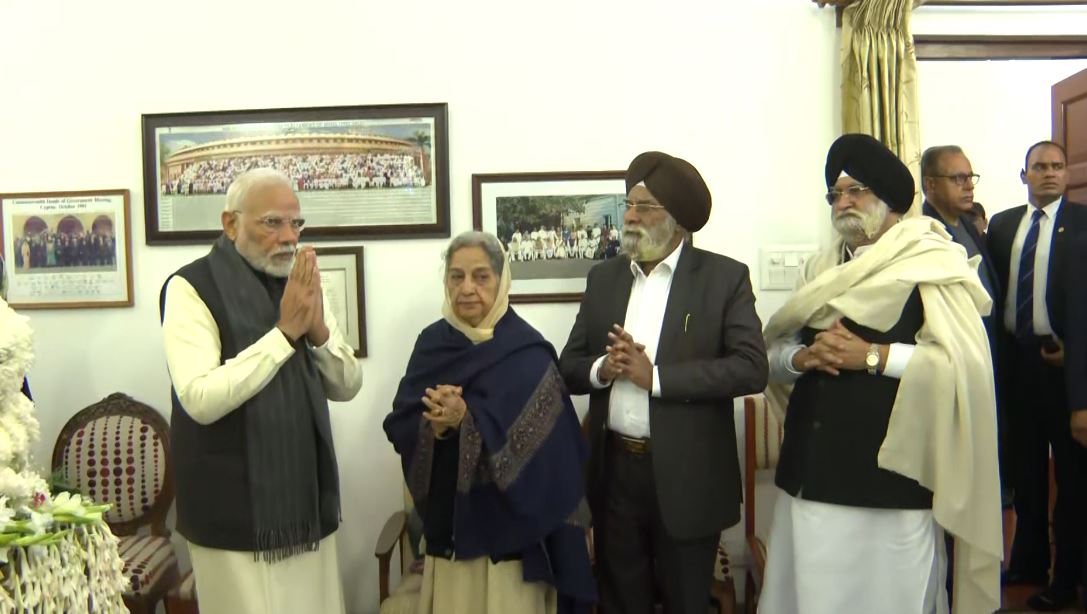
Prime Minister Narendra Modi paid his last respects to former Prime Minister Manmohan Singh at his residence in Delhi on Friday.
The prime minister also offered his condolences to Dr. Singh’s family on his demise. Union Home Minister Amit Shah and Union Health Minister and BJP National President JP Nadda also paid their respects to the late leader.
Congress leaders, including KC Venugopal, were present at the former PM’s residence.
Dr. Singh passed away at AIIMS, Delhi, on Thursday evening at the age of 92 due to age-related medical conditions. He experienced a sudden loss of consciousness at home and was rushed to AIIMS.
The mortal remains of the former PM will be kept at the All India Congress Committee (AICC) headquarters in Delhi for the public to pay their respects. According to Congress party sources, the ‘last darshan’ will take place on Saturday between 8:00 AM and 10:00 AM.
All senior party leaders, including Rahul Gandhi and Sonia Gandhi, will pay their tributes to the former PM at the AICC office, following which the final rites will be conducted. Singh, celebrated for introducing the 1991 economic liberalisation reforms as India’s Finance Minister, will be cremated near Rajghat, the designated site for the last rites of Prime Ministers.
Several politicians and public figures from diverse fields have expressed their grief over the demise of Dr. Singh. On Thursday night, Prime Minister Narendra Modi conveyed his condolences, saying that India mourns the loss of one of its most distinguished leaders.
Born on September 26, 1932, Dr. Singh was not only an economist but also served as the Governor of the Reserve Bank of India from 1982 to 1985. As the 13th Prime Minister of India, he held office from 2004 to 2014, becoming the longest-serving PM after Jawaharlal Nehru and Indira Gandhi.
Dr. Singh played a pivotal role as finance minister in PV Narasimha Rao’s government, where he is credited for implementing the 1991 economic reforms that opened India’s economy to foreign investment, increased FDI, and reduced government control. These reforms significantly boosted the country’s economic growth.
His tenure as Prime Minister also saw the introduction of landmark initiatives such as the National Rural Employment Guarantee Act (later known as MGNREGA) and the Right to Information Act (RTI) in 2005, both of which improved social welfare and transparency in governance.
Dr. Singh retired from the Rajya Sabha earlier this year, marking the end of a distinguished 33-year tenure in the Upper House.



